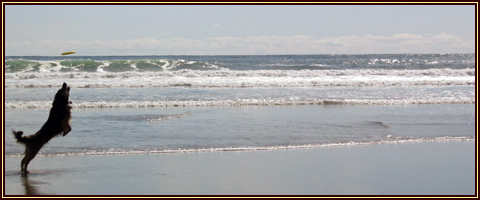Are You Feeding Your Dog “Mystery Meat?”
Dog Food for Life – Click Here
Have you ever taken the time to check out the label on your dog’s food package? Most foods will contain ingredients that you struggle to name, much less understand what they are. You may be shocked to find out that many commercial brands of dog food aren’t offering the “top quality” food that they would lead their customers to believe. We’re going to talk about many things to look out for in this article, but you can learn about all of this and more by reading the Dog Food for Life eBook.
There is one ingredient in particular that you should be especially wary about. Dogs are carnivores and require a lot of protein in their diet—which should largely be gained from meat. Some dog food companies have found a cheap way around providing quality sources of protein, which we bitterly refer to as “mystery meat.” We do so, because the sources of this meat are unspecified (the label will simply read “meat,” rather than “beef,” “lamb,” or “chicken”). The source of this meat is often road kill or cats and dogs which have been euthanized at an animal shelter or vet’s office. This is definitely not what many of us would consider a “premium source of protein,” huh?
Check out your dog’s food label—does it name a specific source of meat? If not, you are quite possibly giving your dog “mystery meat” to eat! It’s a good idea to search the labels of other brands to find one that includes a good source of meat as the first ingredient. This is proof that the main ingredient in the food is protein-based, which is the main priority for a dog.
Other ingredients that provide important nutritional value to every dog’s diet are: carbohydrates, fats, vitamins, minerals, and water. Carbohydrates are primarily used for energy, but dogs do not require a great deal of them to be healthy. A high-protein, low-carb diet is usually best for canines. As for fats, there are two types: animal fat (saturated) and vegetable (polyunsaturated), and your dog needs a good balance of both. Vitamins and minerals are imperative to your dog’s health, however nearly half of them are lost in the process of creating dry dog food. You may want to ask your vet about administering a vitamin & mineral supplement to your dog’s diet. Water is, of course, a vital aspect of a dog’s diet. Make sure to always have clean, fresh water available to your dog at all times.
For more information, you are encouraged to visit Dog Food for Life and read the free Confidential Dog Food Report.







